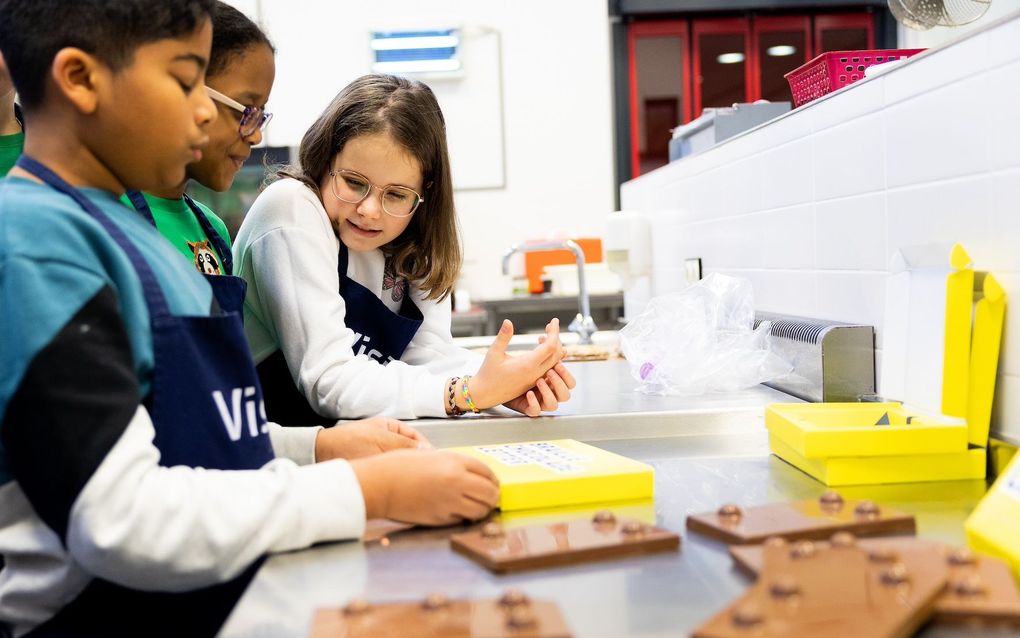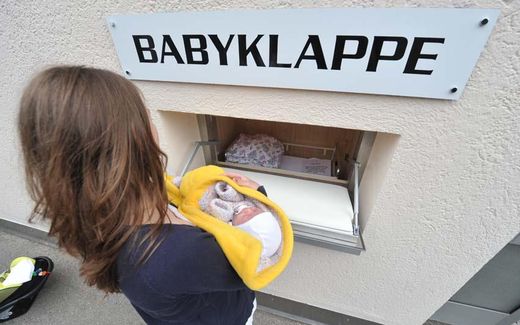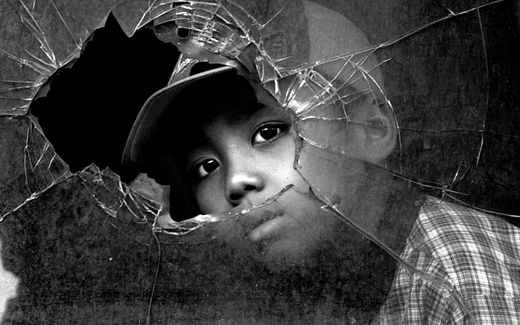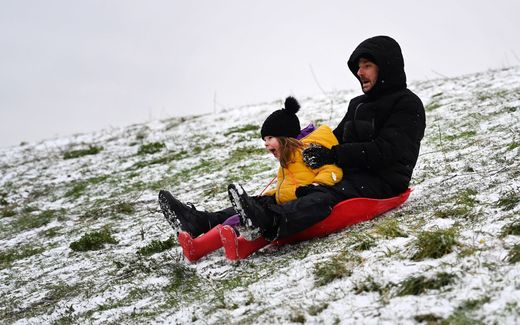Mother’s column: How to get children to the practical chores in the house

Children working in the kitchen. Photo ANP, Iris van den Broek
Christian Life
Homework from school and chilling on the couch. That is what children use the house for. But when would be the best time to learn cooking, asks Edit Frivaldszky.
Raising children to be responsible adults is a tough job. Apart from feeding them and tending to their physical needs, they also need hugs (that fills our love tanks), time to share their stories (reducing our sleeping time), and time to prepare their path to Christian values.
Parents should be first-class jugglers to find balance for all physical, mental and spiritual needs. Luckily, we have to live one day at a time, keeping up with the educational and social expectations bit by bit.
In my country, children are given homework daily in almost every school subject. So, after 6-7-8 hours at school, they must study for another 2-3-4 hours when they get home. A lot of different things, too.
I’m afraid I have to disagree with giving homework. School lessons would have enough time to prepare children for adult life in 12 years. I also don’t necessarily agree with what they learn in certain subjects. Still, I don’t consider myself an expert in this field. After all, I’m just a parent, the first educator of my kids...
They must be educated in valuable skills, train themselves physically, and earn confidence in the arts as well. Okay. But where are the standards in all these?
I would ask the math teacher to set the expectations for history and the music teacher to develop the basics of physics! Now, math standards are set by mathematicians, the history curriculum is shaped by historians, and physics teachers tell the schools what is considered basic knowledge in physics. And our kids struggle under all these burdens.
At the same time, it would be good if our children could learn practical things. For instance, how to wash-iron-pack their clothes, cook lunch, or fix the doorknob if it accidentally remains in their hands. In other words, they must fit an hour or two of housework into their day.
But neither studying nor housework should come at the expense of recreation or socialising with friends. In other words, make each day 30 hours, and we’ll be happy.
Responsible adulthood is also about learning to sacrifice. They have to choose which subjects they want to excel in and which to take second place. They also should find time to contribute to the family chores like ironing or cooking (hmmm...).
Can they put down their phones or fold up their laptops when the washing machine plays an inviting music, signalling that the laundry needs to be laid out? I don’t know how it is in other households, but in ours, assigning and checking chores is a daily battle with the kids, which often ends in resignation on our part.
We recently bought new plates. Almost all the pieces of the previous set were broken because they didn’t fit in the dishwasher properly. We had to re-think our kitchenware layout as I realised the kids had grown. Now, even the youngest no longer needs a lower drawer for the mugs and plates she can reach. She is tall enough now to reach every shelf in our kitchen! Time flies, and children grow up without realising it. We rearranged the drawers and cupboards accordingly.
Although they don’t like the daily chores, they are into campaign-style cleaning. Vacuuming an entire house (including the cobwebs in the corners) suits our eldest daughter. The middle one cleans the bathrooms every two weeks, listening to her loud “cleaning” music list. The youngest does the cooking on Saturdays. The chores take time away from school homework, so they are shifted to the weekends.
A friend of mine and I were talking about this one day. I try to make sure that each child tidies up at least their own stuff, even though it would be much easier to do it for them. This “method” results in a messy kids’ room or clothes left around the living room. She believes in keeping the house tidy by all means, even if it needs a helper to make it happen.
That way, as the child grows up, she will get used to tidiness and order, not the mess, and keep that around herself. Sounds perfect... in theory. We will see how it will be in practice in a few years.
Related Articles











